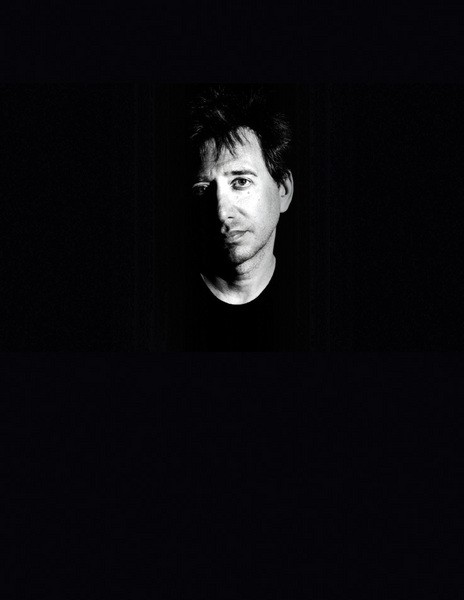While John Zorn’s name is still far from being a household one, there’s no doubt the saxophonist and composer is one of the most significant, diverse, and prolific—not to mention polarizing—figures in all of modern music. Zorn, who leads a program of his recent classical works at Bard College on November 12, has released well over 100 recordings, many of them on his own Tzadik label, that encompass elements of and work within jazz, rock, klezmer, hardcore punk, contemporary classical, death metal, early cartoon soundtracks, pop, improvisation, and pure screaming noise. He is for many the embodiment of downtown New York’s famously edgy 1980s/’90s avant-experimental scene, a now-gone world of squats and artist lofts that gave birth to vital venues like Tonic and the Knitting Factory.
Born in Manhattan in 1953, Zorn was exposed to various styles of music from a young age via his family and went on to study composition at Webster College in St. Louis. While there he discovered free jazz and was moved to pick up alto sax after encountering Anthony Braxton’s seminal 1968 double LP For Alto. By the mid ’70s he was back in New York, where he fell in with the creative jazz scene and began performing and composing vigorously; many of his early works are so-called “game pieces”—open-ended compositions that require musicians to follow a series of signals, cue cards, and highly changeable rules, the most of these influential being 1984’s “Cobra” (released on CD in 1987 by Switzerland’s Hat Hut imprint).
A trio of revelatory tribute albums, to film composer Ennio Morricone, composer-saxophonist Ornette Coleman, and crime writer Mickey Spillane (respectively, 1985’s The Big Gundown, 1989’s Spy vs. Spy, and 1988’s Spillane) won Zorn deserved acclaim, while the formation of two bands, the all-star, avant-rock/jazz/noise Naked City and the jazz/thrash-metal Pain Killer, connected him with a wider underground rock audience. During the ’90s Zorn began to heavily reference his Jewish heritage in his recent work, particularly with the often Eastern European-tinged music of his newer band, Masada, as well as through Tzadik’s signings of like-minded artists. In addition to performing and recording with his many solo and ensemble projects, he continues to compose film soundtracks (2001’s Trembling Before G_D) and modern classical music.
And it’s in the latter guise that Zorn returns to Bard this month to oversee a concert of three such works. “It’s been inspiring to watch [Zorn] grow and change as both a musician and a composer,” says revered pianist Stephen Drury, who will perform the solo piano piece “fay çe que vouldras.” “His music is so unpredictable, it changes from instant to instant. The piece I’m playing flashes between mystical incantations and wild, ecstatic flinging.” Completing the program are “Framementi del Sappho,” for five voices, and “Necromonicon,” a string quartet.
“What would I tell those planning to attend the concert?” reflects Drury. “Expect the unexpected.”
Bard College presents “An Evening with John Zorn” at the Richard B. Fisher Center’s Sosnoff Theater in Annandale-on-Hudson on November 12 at 8pm. Tickets are $20, $30, and $40. (845) 758-7900; www.fishercenter.bard.edu.


















